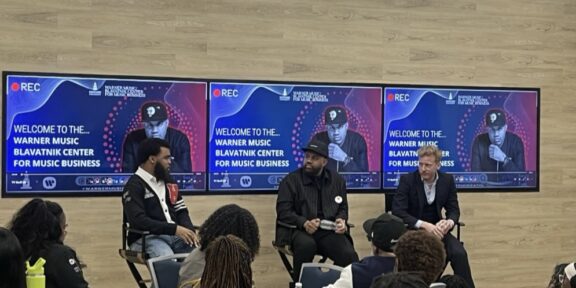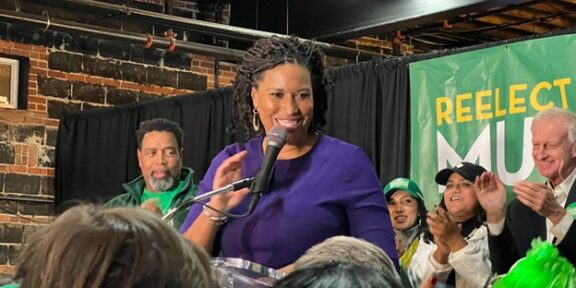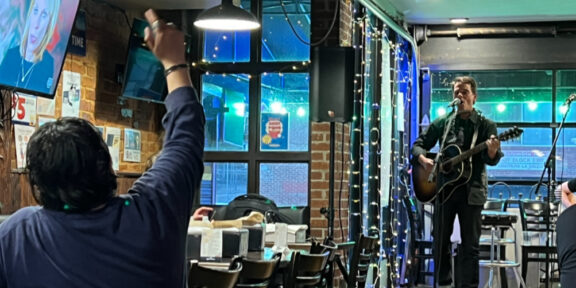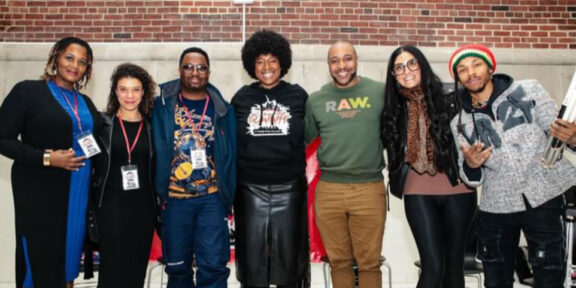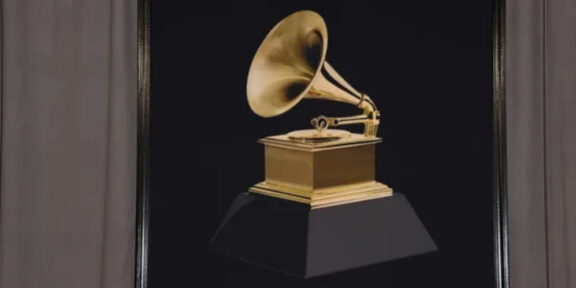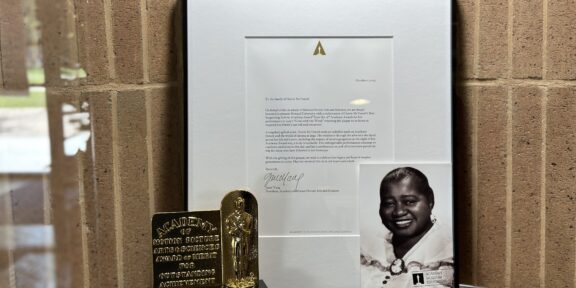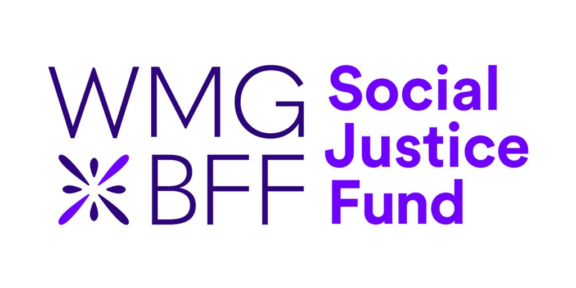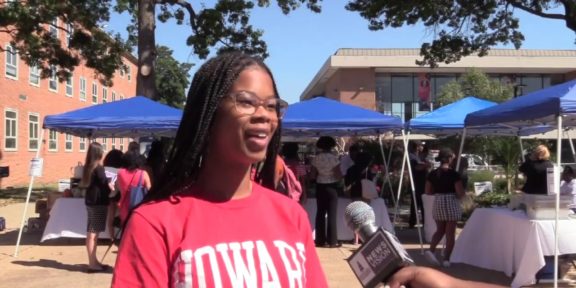By Jordyn Taylor
On March 6, Rep. Rashida Tlaib (D-Mich) and Rep. Jamaal Bowman (D-N.Y.) unveiled the Living Wage for Musicians Act, legislation crafted in partnership with United Musicians and Allied Workers (UMAW), and the message is clear: streaming services need to increase compensation for the artists that fill their catalogs.
The bill details a plan to restructure how major streaming service providers pay the artists who supply their catalogs. In addition to the current royalties from streaming services like Spotify, TIDAL, and Apple Music, the new Living Wage Royalty Fee would be paid.
Under the proposal, monthly royalties for recordings would be capped and paid out proportionately from a fund, guaranteeing that artists receive one cent for each stream.
The royalty would be financed by a 10 percent levy on businesses’ non-subscription revenue. Companies are also mandated to add an extra subscription fee for clients equal to half of their subscription cost, or between $4 and $10.
Rep. Bowman, who also founded the Congressional Hip Hop Power and Justice Task Force, said in a press release, “It is unconscionable that in order to buy a cup of coffee, an artist needs someone to stream their song over a thousand times. Artists and musicians across the country deserve to be paid for their work.”
This artist-focused approach to streaming compensation aims to help musicians earn a living wage and further allow them to open more financial opportunities and reinvest in their career by recording more music, touring more extensively, and additionally compensating other essential contributors to the industry like producers, audio engineers, and more.
Gideon Boaten, a senior finance major at Howard and a music artist himself, has run the numbers on what the budding opportunity can provide for the industry’s growth.
“There has to be some compensation for people who are constantly giving these platforms music and content. This bill would cost these companies money, but the value of music and what it means to put work out will increase,” Boaten said.
These issues within the music industry have been emphasized by British artist James Blake, whose remarks have received support from major artists like Kanye West, Tyler The Creator, and Metro Boomin.
“If we want quality music, somebody is gonna have to pay for it. Streaming services don’t pay properly, labels want a bigger cut than ever and just sit and wait for you to go viral. TikTok doesn’t pay properly, and touring is getting prohibitively expensive for most artists,” Blake posted to his X account.
Among the changes, one cent per stream may not seem like a proportionate proposal, but it’s a significant improvement for artists. When current rates per stream are as low as $0.00022, people like Dior Ashley Brown, leader of the DMV Music Stakeholder Association, are ready to see that change across the board.

Dior Ashley Brown is a DC-based hip-hop artist and founder of DC Music Summit 501(c)(3), a nonprofit organization established in 2016. (Photo courtesy of Instagram, @diorashleybrown)
“[The bill] directly affects a source of income from a large body of our community,” Brown said. “When artists were selling tangible music items in the past, they were able to recoup time and funds invested in the studio in the creation of their music. Today it can be years, if ever, that an artist will recoup those funds via streaming services.”
Artist support is growing as more organizations like the DMV Music Alliance consolidate and distribute resources for music professionals. Additionally, more legislation is being introduced to increase oversight on an ever-changing industry.


